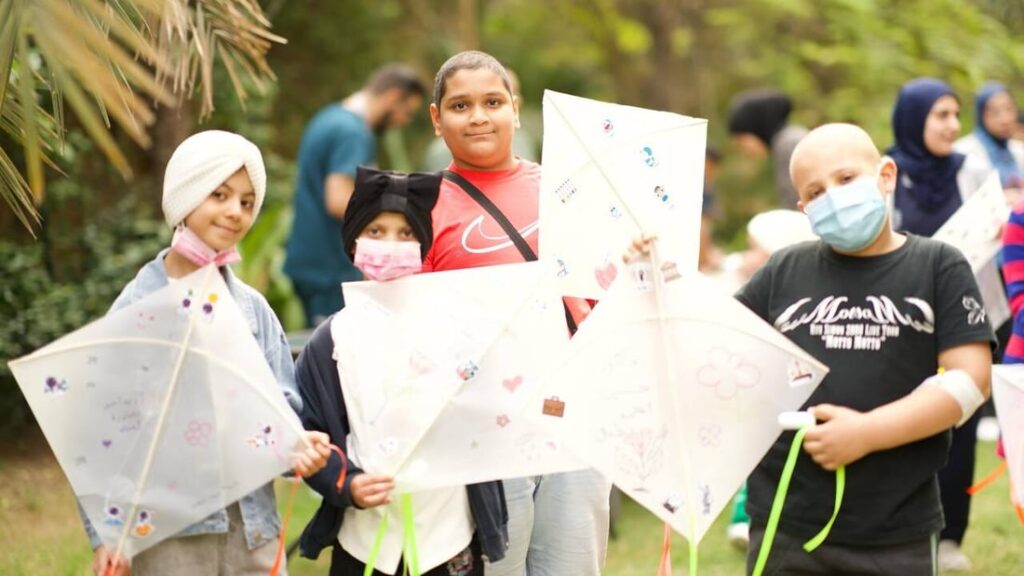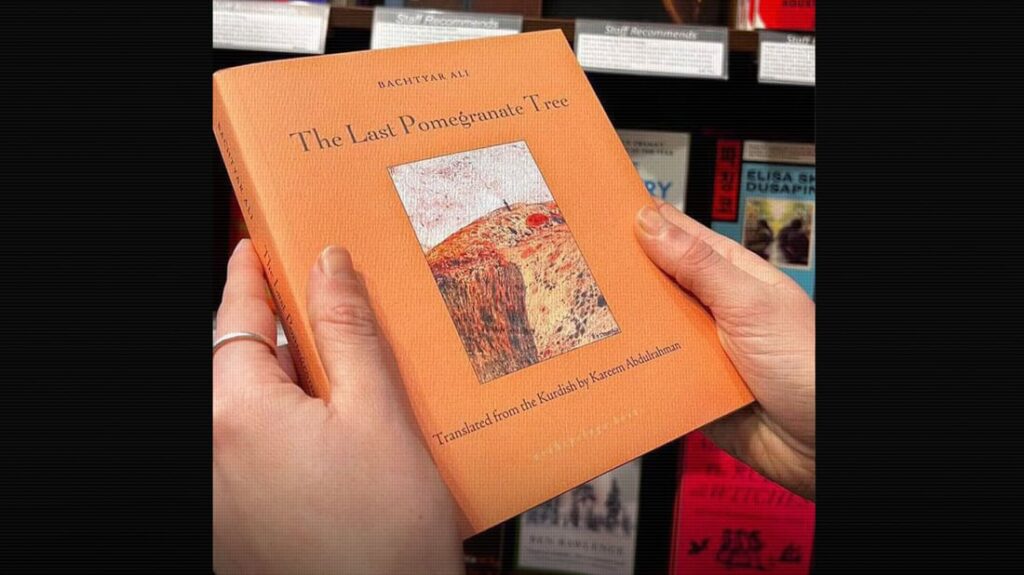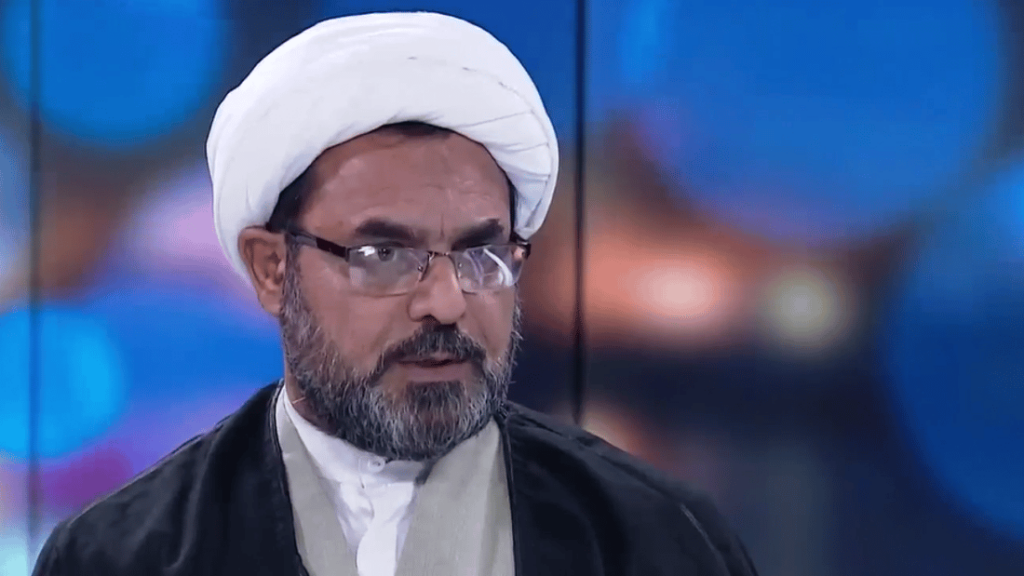Syria Kurdish refugees bring new tastes and traditions to Iraqi Kurdistan

HEWLÊR-Erbil, Iraq’s Kurdistan region,— At first, no one in the Iraqi Kurdish capital Erbil would drink the bitter coffee at Syrian refugee Abdussamad Abdulqadir’s cafe. But now it’s a hit, part of a growing cultural exchange.
Since conflict broke out in Syria in 2011, many ethnic Kurds living in Syrian Kurdistan (Rojava), the country’s northeast, fled across the border to Iraq’s autonomous Kurdistan region (Bashur).
Despite their similar ethnic origins, the two communities speak distinct dialects and have different cultural habits, but in recent years they have traded customs.
When Abdulqadir fled his northeast Syrian Kurdish hometown of Qamishlo six years ago, he settled in Erbil and opened a cafe in its bustling market.
During his opening week, he sent free cups of coffee to neighbouring shopkeepers to win new customers, but they complained it was undrinkable bitter.
“Business was bad,” the 45-year-old told AFP, saying Iraqi Kurds typically prefer instant coffee or tea so sugary it resembles syrup.
With persistence and charm, Abdulqadir first converted his neighbours to drinking coffee with sugar — then, eventually, to the original bitter drink.
He now has so much business that he opened a second quaint cafe in the market.
“Now I sell between 200 and 300 cups of coffee every day and 90 percent of my customers are Iraqi Kurds who drink the coffee without sugar,” he said proudly.
More vibrant
The changes go beyond caffeine, with restaurants adopting Syrian food, architects fusing Iraqi and Syrian styles and even musical and linguistic exchanges.
Jumana Turki, who has lived with her Syrian Kurdish husband in Erbil since 2014, said it used to surprise her how few women she would see in public in Erbil after dark.
But now women — Syrian and Iraqi Kurds — are shopping and even working in markets and shopping malls until late.
“This was the impact of Syrian refugees because in Syria, it was normal for women to work in markets and be out at night,” said Turki, who holds a master degree in sociology.
Around the world, communities faced with an influx of newcomers often react with xenophobia, because of an instinctive fear that change would mar the host culture.
Kurds in northern Iraq have carved out an autonomous enclave where they speak the Sorani Kurdish dialect, have their own television channels and government bodies.
They, too, initially rejected Syrian Kurdish customs, but the slow integration in recent years “has deconstructed that historical rejection,” said Hawzhen Ahmed, an Erbil-based academic who holds a doctorate in cultural studies.
Around 300,000 Syrian refugees — most of them Kurds — now live in Iraqi Kurdistan, with the threat of a Turkish offensive last year pushing thousands into displacement camps in the north.
“Syrian refugees have proved the historical argument that host cultures become more vibrant and enjoyable when mixed with different traditions and norms,” Ahmed told AFP.
Rights groups and displaced Kurdish families have accused Ankara-backed Syrian Arab Islamic militants of executions, home confiscations and looting in that border strip.
‘Strong empathy’
Integration is a two-way street, said Hussein Dewani, a Syrian musician and schoolteacher in Erbil since 2012.
“Iraqi Kurds helped us revive our Kurdish language since they speak a more pure Kurdish than Syrian Kurds, whose dialect was banned in Syria,” Dewani said.
Syria’s government had long prohibited Kurds from speaking their language or celebrating their festivals and had even refused Syrian nationality for the community, worried they would threaten the state with calls for independence.
But in Iraqi Kurdistan, radio channels, government statements and street signs are mostly in Kurdish.
Dewani said he has picked up the Sorani dialect of the region but also taught his colleagues some of the Kurmanji dialect used in Syria.
“When I arrived, I heard some Kurdish words which I used to hear from my grandmother and they were all lost generation after generation,” he recalled.
Dewani, also from Qamishli, has decorated his Erbil apartment with musical instruments including guitars and the daf, a frame drum.
He learned to play the daf in his new hometown, which he said hosts some of the best drum musicians and instructors.
The 33-year-old said the well-developed Iraqi Kurdish music culture had also seeped into Syrian Kurdish music, and that Syrian Kurds were now wearing more traditional attire that resembled their counterparts in Erbil.
Empathy and shared norms have blossomed in recent years, said Rodi Hassan, a Syrian physician working in Iraqi Kurdistan.
Hassan arrived in Iraqi Kurdistan in 2008, three years before Syria’s uprising began, to study medicine.
“When I arrived, we had very little information about each other, and it was all stereotypes,” he told AFP.
“But now it is completely different. There is a strong empathy, friendship and intermarriage between us,” he said.
Syria’s Kurds have established a semi-autonomous region in northeastern Syria during the country’s eight-year war.
In 2013, the Syrian Kurdish Democratic Union Party PYD — the political branch of the Kurdish People’s Protection Units (YPG) — has established three autonomous Cantons of Jazeera, Kobani and Afrin and a Kurdish government across Syrian Kurdistan in 2013. On March 17, 2016, Kurdish and Arab authorities announced the creation of a “federal region” made up of those semi-autonomous regions in Syrian Kurdistan.
The worldwide-respected Autonomous Administration in Syrian Kurdistan has a secular decentralized self-rule, where equality between men and women, direct democracy, and environmental responsibility are emphasized.
The Kurdish Democratic Union Party PYD and its powerful military wing YPG/YPJ, considered the most effective fighting force against IS in Syria and U.S. has provided them with arms. The YPG, which is the backbone of the Syrian Democratic Forces SDF forces, has seized swathes of Syria from Islamic State.
The Kurdish forces expelled the Islamic State from its last patch of territory in the eastern Syrian village of Baghouz in March 2019.
11,000 Kurdish male and female fighters had been killed in five years of war to eliminate the Islamic State “caliphate” that once covered an area the size of Great Britain in Syria and Iraq.
Copyright © 2020, respective author or news agency, Ekurd.net | AFP
Comments




